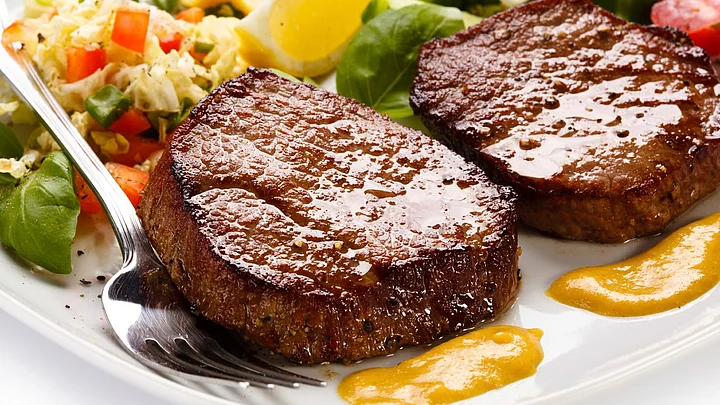Reetika Revathy Subramanian, one of the students from the Tata Institute of Social Sciences who made Caste on the Menu Card, speaks to The Times of India about the politics of beef eating and how the documentary was a hit online after failing to get an approval from the Information and Broadcasting Ministry.
There is a sense of hypocrisy in every aspect of how caste manifests itself. There’s a certain superiority with which some view the cow as godly – yet, people do not question bags and footwear made of leather. We use the tabla too to show how it’s made of leather.Reetika Revathy Subramanian
Saying that her knowledge of caste had been limited to what she had learnt in school, Subramanian decided to study caste as an urban reality. Working on the film allowed for the exploration of caste in an urban scenario.
The film studies food as a site for exclusion. It historicizes the various perspectives on beef, including Savarkar’s views on contemporary politics.
We also spoke to hoteliers for whom beef was a bestselling item, yet it’s not mentioned on menus for fear of offending people. Caste is everywhere – yet for many, it’s invisible.Reetika Revathy Subramanian
(At The Quint, we question everything. Play an active role in shaping our journalism by becoming a member today.)
